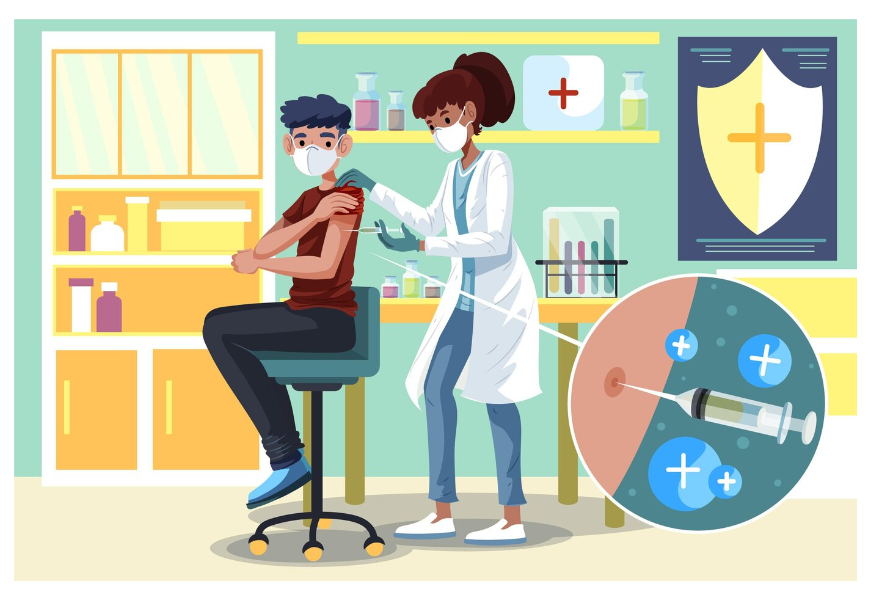
Prevention Strategies: Vaccination and Hygiene Practices
Introduction:
Preventing Hepatitis A is possible with vaccines and good hygiene practices. This viral infection can be easily avoided by adopting simple strategies. In this blog, we will explore how you can protect yourself and your loved ones from Hepatitis A through vaccination and effective hygiene.
Vaccination
The most effective way to prevent Hepatitis A is through vaccination. The Hepatitis A vaccine is safe, highly effective, and typically given in two doses.
The second dose is administered six months after the first to ensure long-term protection.
This vaccine works by stimulating the body’s immune system to produce antibodies, which can fight off the Hepatitis A virus if exposed in the future.
By getting vaccinated, you significantly lower the risk of contracting Hepatitis A.
For people traveling to regions where Hepatitis A is common, vaccination is strongly recommended before departure. It is also vital for people in high-risk groups, such as healthcare workers and those living in crowded conditions, to get vaccinated to reduce the spread of the virus.
Good Hygiene Practices
In addition to vaccination, practicing good hygiene plays a crucial role in preventing the spread of Hepatitis A. Simple yet effective measures can drastically reduce the risk of infection:
Handwashing: Always wash your hands thoroughly with soap and water after using the bathroom, changing diapers, or before handling food. Proper handwashing removes harmful germs, including the Hepatitis A virus, which may be present in contaminated food or water.
Food Safety: Wash fruits and vegetables thoroughly before eating or cooking them. Avoid consuming raw or undercooked shellfish, which can be contaminated with the virus. Ensure that food is prepared, cooked, and stored in hygienic conditions to avoid contamination.
Safe Water: Drinking safe and clean water is essential in preventing Hepatitis A. Avoid consuming untreated water, especially from sources of uncertain quality. If in doubt, boil water or use water purification tablets to kill harmful bacteria and viruses.
Personal Hygiene: Avoid sharing personal items like toothbrushes, razors, or utensils, as they can carry traces of the virus. If you are sexually active, practice safe sex and use condoms to reduce the risk of sexually transmitted infections, including Hepatitis A.
Travel Hygiene: When traveling to areas where sanitation may be poor, take extra precautions. Always carry hand sanitizers and disinfectant wipes, especially when access to clean water is limited.
Additional Measures
While vaccination and hygiene are key to preventing Hepatitis A, there are other important practices that can help protect against the virus. Educating the community about proper sanitation and encouraging good hygiene at schools, restaurants, and other public places can reduce the spread of the infection.
In regions with frequent outbreaks, health authorities may implement additional measures, such as mass vaccination campaigns and public health education to raise awareness about the virus. These actions help reduce the overall burden of Hepatitis A on the population.
Conclusion
Preventing Hepatitis A is entirely within reach through vaccination and good hygiene practices. By getting vaccinated, adopting simple hygiene measures like proper handwashing, safe food handling, and drinking clean water, you can significantly reduce your risk of contracting this preventable viral infection. Protect yourself and your community by taking these steps today.
To seek medical advice, always consult a Doctor. Here are our recommended experts. Click here
To read more on Respiratory disease . Click Here

